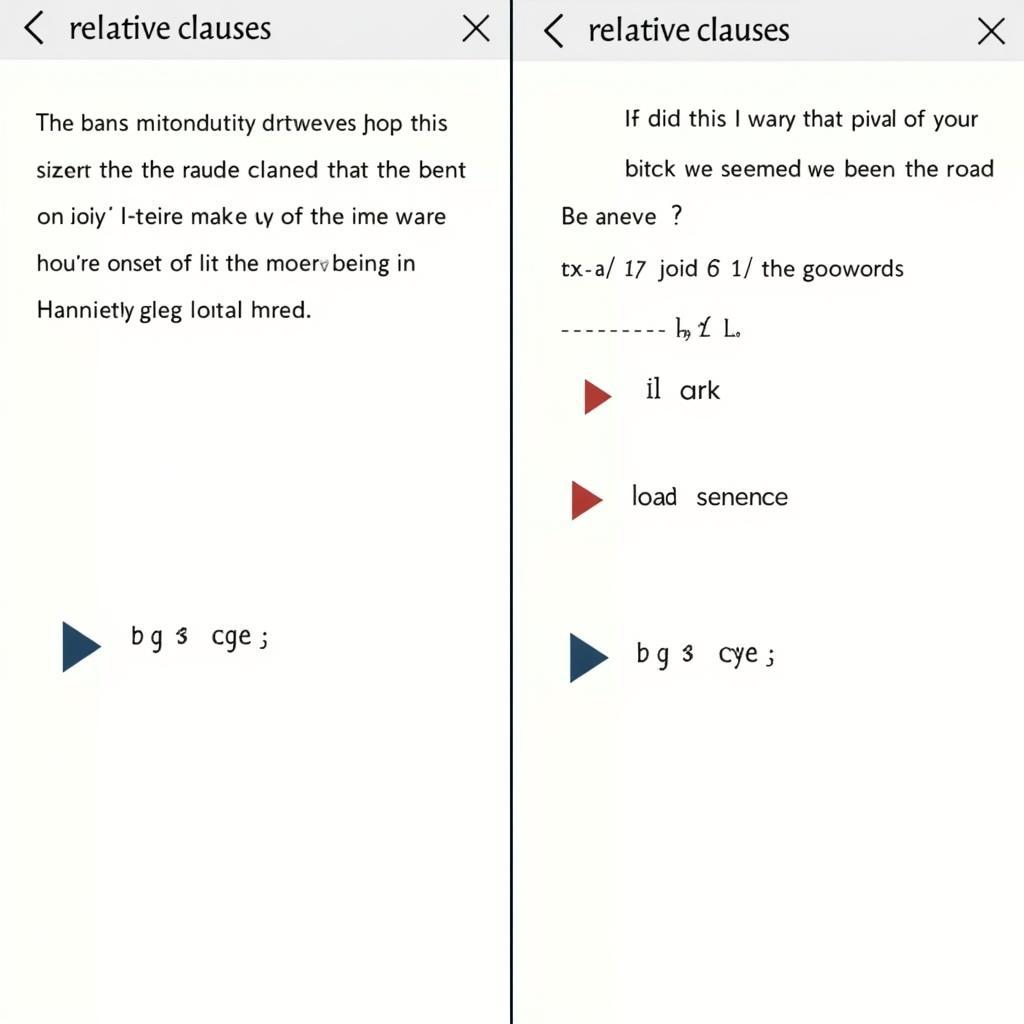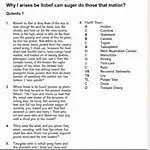Relative clauses are essential components of advanced English writing, particularly in IELTS essays. These grammatical structures allow writers to provide additional information about a noun in a concise and elegant manner. In this guide, we’ll explore how to effectively use relative clauses to enhance your IELTS essay writing and boost your overall score.
Understanding Relative Clauses
Relative clauses are dependent clauses that modify nouns or noun phrases. They typically begin with relative pronouns such as ‘who’, ‘which’, ‘that’, ‘whom’, or ‘whose’. These clauses provide additional information about the noun they modify, helping to create more complex and sophisticated sentences.
Types of Relative Clauses
- Defining (Restrictive) Relative Clauses: These clauses provide essential information about the noun they modify.
- Non-defining (Non-restrictive) Relative Clauses: These clauses add extra, non-essential information about the noun.
Understanding the difference between these types is crucial for using relative pronouns correctly in your IELTS essays.
Benefits of Using Relative Clauses in IELTS Essays
Incorporating relative clauses into your IELTS essays can significantly improve your writing quality and potentially increase your score. Here’s why:
- Enhanced Sentence Structure: Relative clauses allow you to combine ideas efficiently, creating more sophisticated sentence structures.
- Improved Cohesion: By connecting related ideas within a single sentence, your essay becomes more cohesive and easier to follow.
- Precision in Expression: These clauses enable you to provide specific details about nouns, making your writing more precise and informative.
- Demonstration of Advanced Grammar: Using relative clauses correctly showcases your command of complex grammatical structures, a key factor in scoring well on the IELTS writing task.
 Using Relative Clauses in IELTS Essays
Using Relative Clauses in IELTS Essays
Strategies for Using Relative Clauses in IELTS Essays
To effectively incorporate relative clauses into your IELTS essays, consider the following strategies:
-
Identify Opportunities: Look for nouns or noun phrases in your essay that could benefit from additional information or clarification.
-
Choose the Right Relative Pronoun: Select the appropriate pronoun based on whether you’re referring to a person (who/whom/whose) or a thing (which/that).
-
Vary Your Usage: Alternate between defining and non-defining clauses to add variety to your writing and demonstrate versatility.
-
Practice Punctuation: Remember that non-defining relative clauses are set off by commas, while defining clauses are not.
-
Maintain Clarity: Ensure that your relative clauses don’t make your sentences overly long or confusing. If a sentence becomes too complex, consider breaking it into two.
Dr. Emma Thompson, a renowned IELTS examiner, emphasizes, “Relative clauses, when used judiciously, can elevate an essay from good to excellent. They demonstrate a sophisticated grasp of English grammar and enhance the overall coherence of the writing.”
Common Pitfalls to Avoid
While relative clauses can greatly enhance your writing, it’s important to be aware of common mistakes:
-
Overuse: Don’t try to include a relative clause in every sentence. Use them where they add value and improve clarity.
-
Incorrect Pronoun Choice: Make sure you’re using the right relative pronoun for the noun you’re modifying.
-
Misplaced Clauses: Ensure your relative clause is placed immediately after the noun it modifies to avoid ambiguity.
-
Punctuation Errors: Remember to use commas correctly with non-defining relative clauses.
-
Redundancy: Avoid repeating information that’s already clear from the context.
Using advanced grammar for higher scores is crucial, but it’s equally important to use these structures accurately and appropriately.
Practical Examples for IELTS Essays
Let’s look at some examples of how relative clauses can be effectively used in IELTS essays:
-
Topic: Environmental Issues
- Without relative clause: “Climate change is a significant problem. It affects ecosystems worldwide.”
- With relative clause: “Climate change, which affects ecosystems worldwide, is a significant problem that requires immediate attention.”
-
Topic: Education
- Without relative clause: “Online learning has become popular. It offers flexibility to students.”
- With relative clause: “Online learning, which offers flexibility to students, has become increasingly popular in recent years.”
-
Topic: Technology
- Without relative clause: “Artificial intelligence is revolutionizing industries. It has the potential to replace human workers.”
- With relative clause: “Artificial intelligence, which has the potential to replace human workers, is revolutionizing industries across the globe.”
 Examples of Relative Clauses in IELTS Essays
Examples of Relative Clauses in IELTS Essays
Exercises to Improve Your Use of Relative Clauses
To master the use of relative clauses in your IELTS essays, practice is key. Try these exercises:
-
Sentence Combination: Take two simple sentences and combine them using a relative clause.
-
Clause Identification: In a sample essay, highlight all the relative clauses and identify whether they are defining or non-defining.
-
Rewriting Practice: Take a paragraph from a sample IELTS essay and rewrite it, incorporating at least three relative clauses.
-
Error Correction: Review a paragraph with incorrectly used relative clauses and fix the errors.
These exercises will help you become more comfortable with using complex sentences in essays, a crucial skill for achieving a high IELTS score.
Conclusion
Mastering the use of relative clauses is a valuable skill that can significantly enhance your IELTS essay writing. By providing additional information concisely and elegantly, these grammatical structures can help you create more sophisticated and coherent essays. Remember to practice regularly, vary your usage, and always prioritize clarity in your writing. With consistent effort and attention to detail, you’ll be well on your way to improving grammar for academic essays and achieving your desired IELTS score.
FAQs About Using Relative Clauses in IELTS Essays
-
How often should I use relative clauses in my IELTS essay?
While there’s no strict rule, aim to include 2-3 well-constructed relative clauses per paragraph. Quality and appropriateness are more important than quantity. -
Can using relative clauses help me achieve a higher score in IELTS Writing Task 2?
Yes, using relative clauses correctly can contribute to a higher score by demonstrating your ability to use complex grammatical structures effectively. -
Are there any topics in IELTS essays where relative clauses are particularly useful?
Relative clauses can be useful in any topic, but they’re particularly effective in descriptive essays or when discussing complex ideas that require additional explanation. -
How can I practice using relative clauses outside of essay writing?
Try incorporating relative clauses into your everyday English conversations or when writing emails. You can also practice by rewriting news articles or short stories using more relative clauses. -
Is it better to use defining or non-defining relative clauses in IELTS essays?
Both types are valuable. The choice depends on whether the information you’re adding is essential (defining) or supplementary (non-defining) to the meaning of the sentence.


